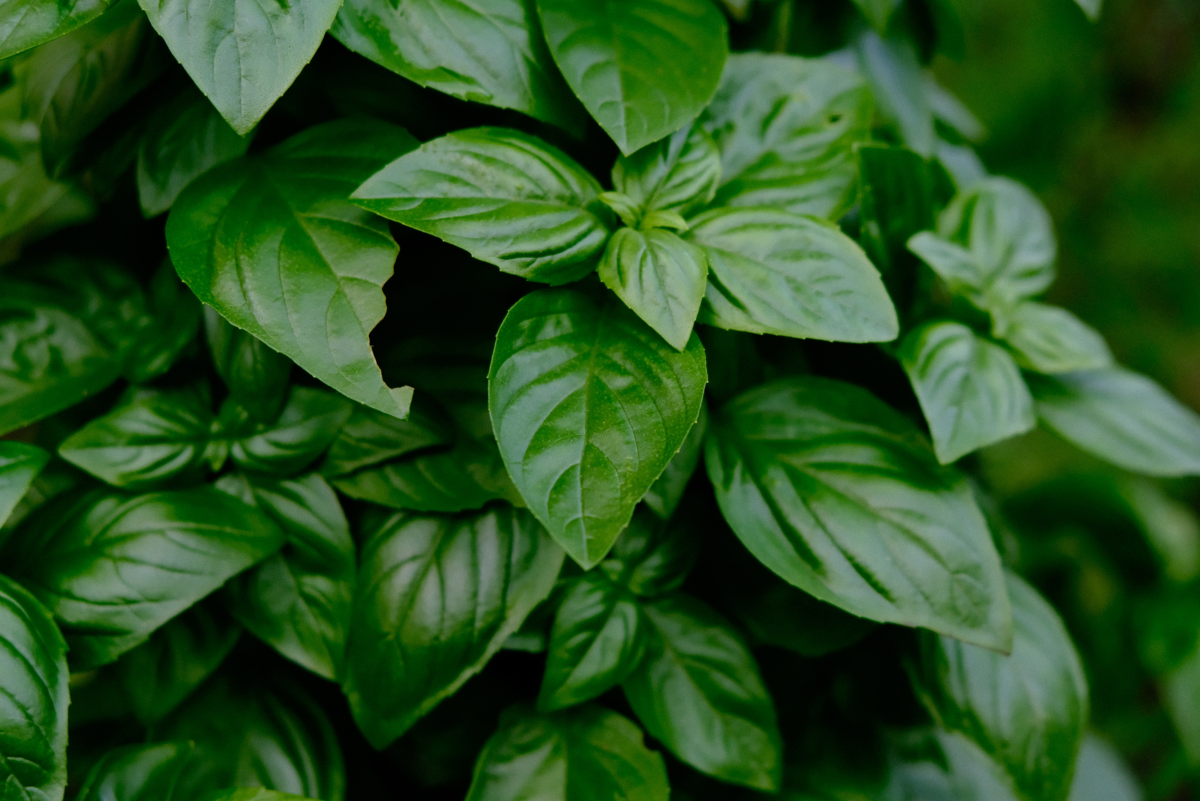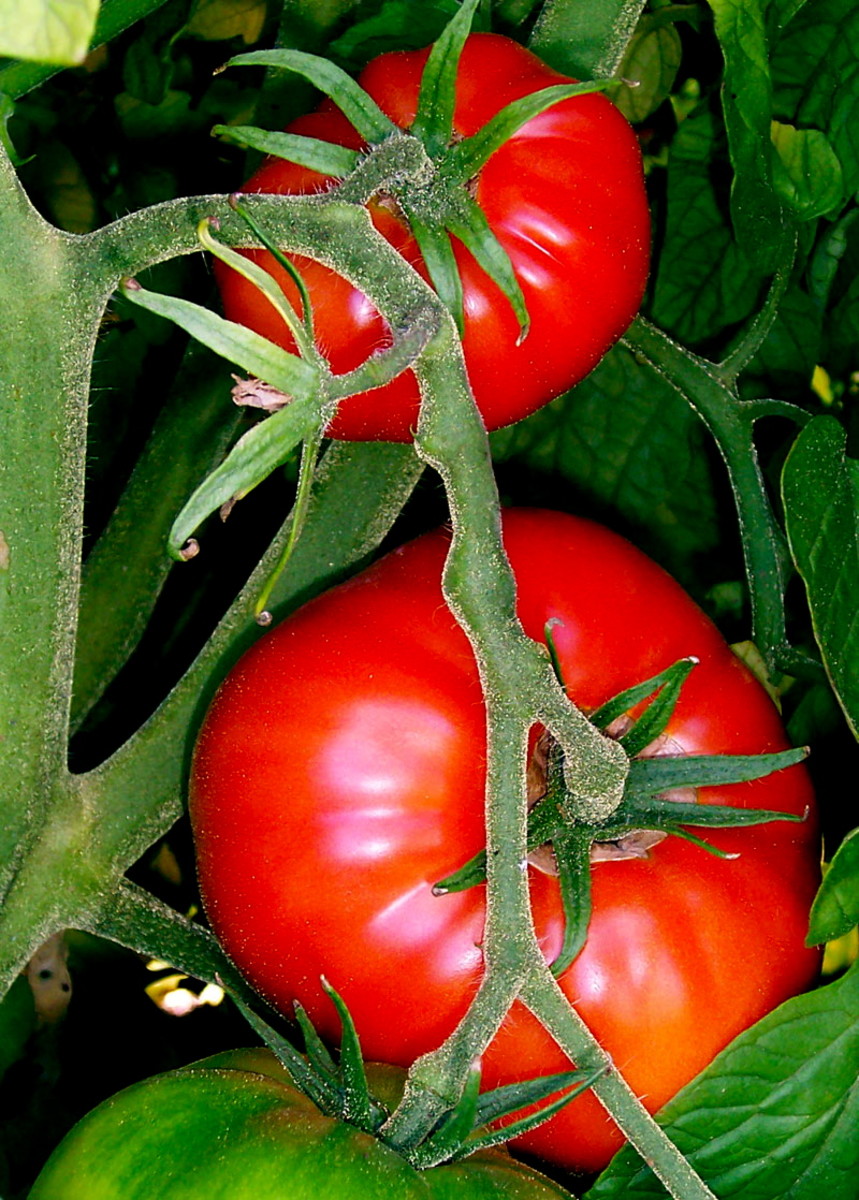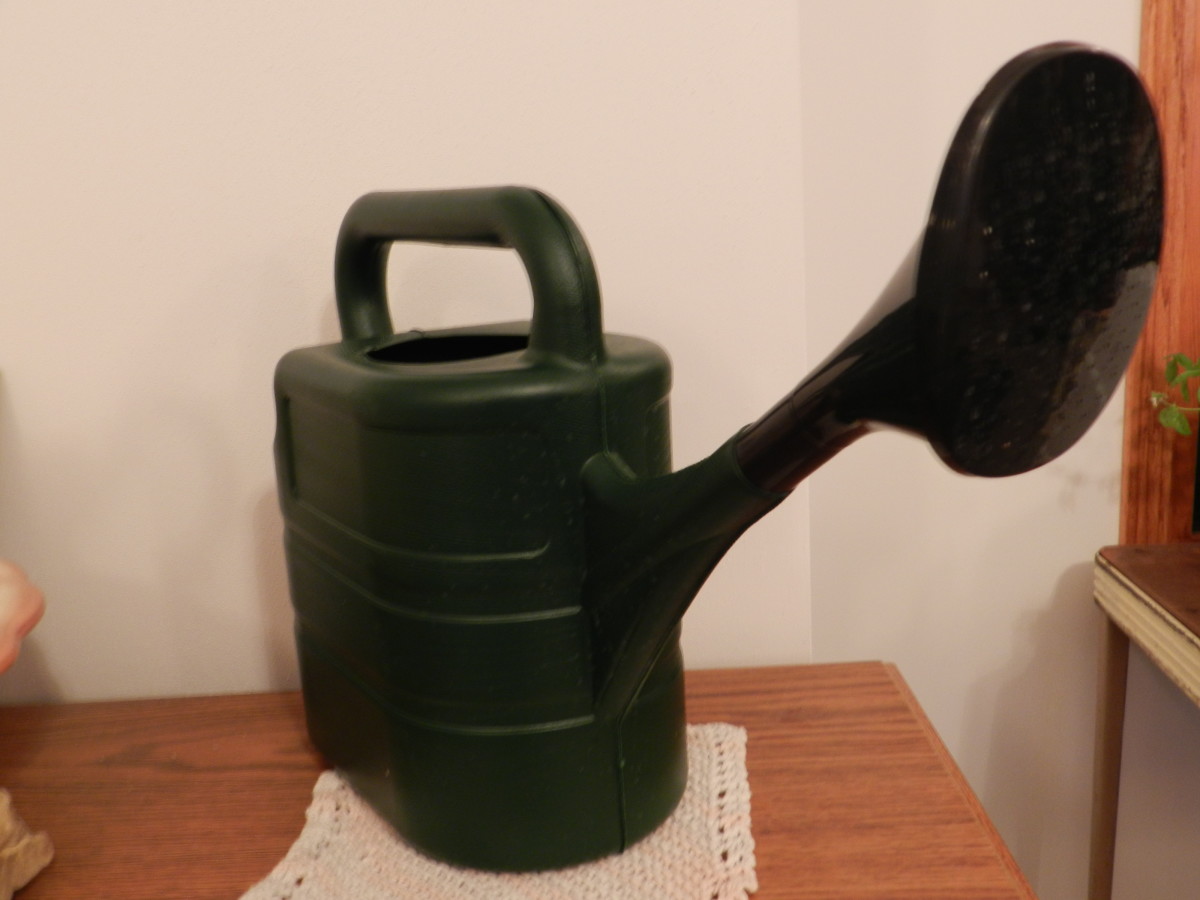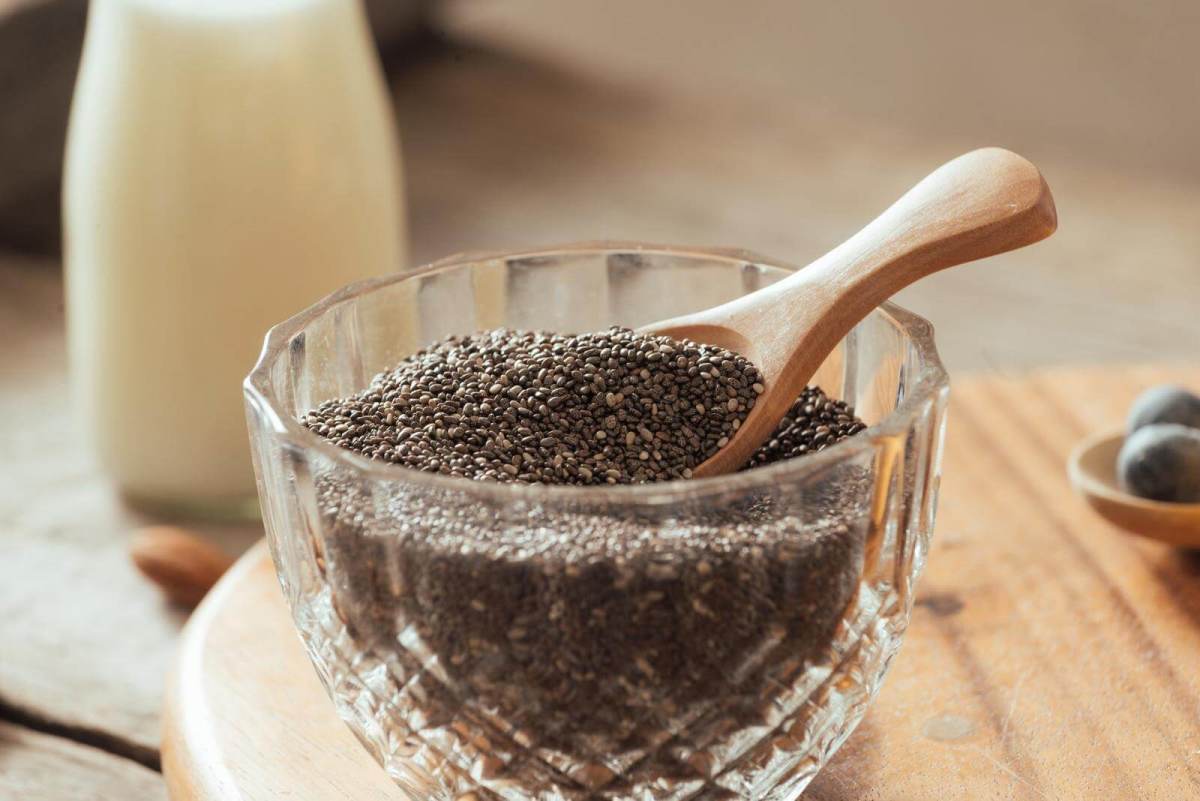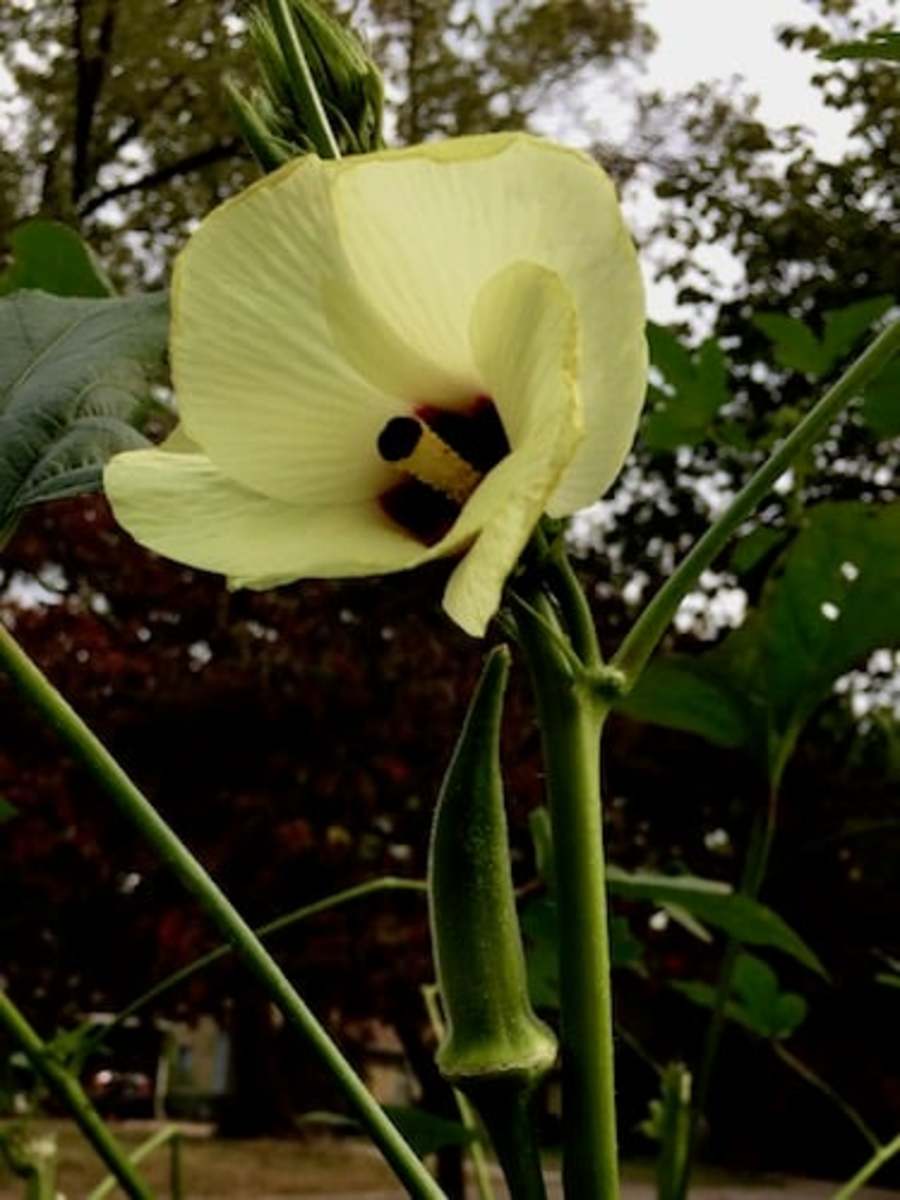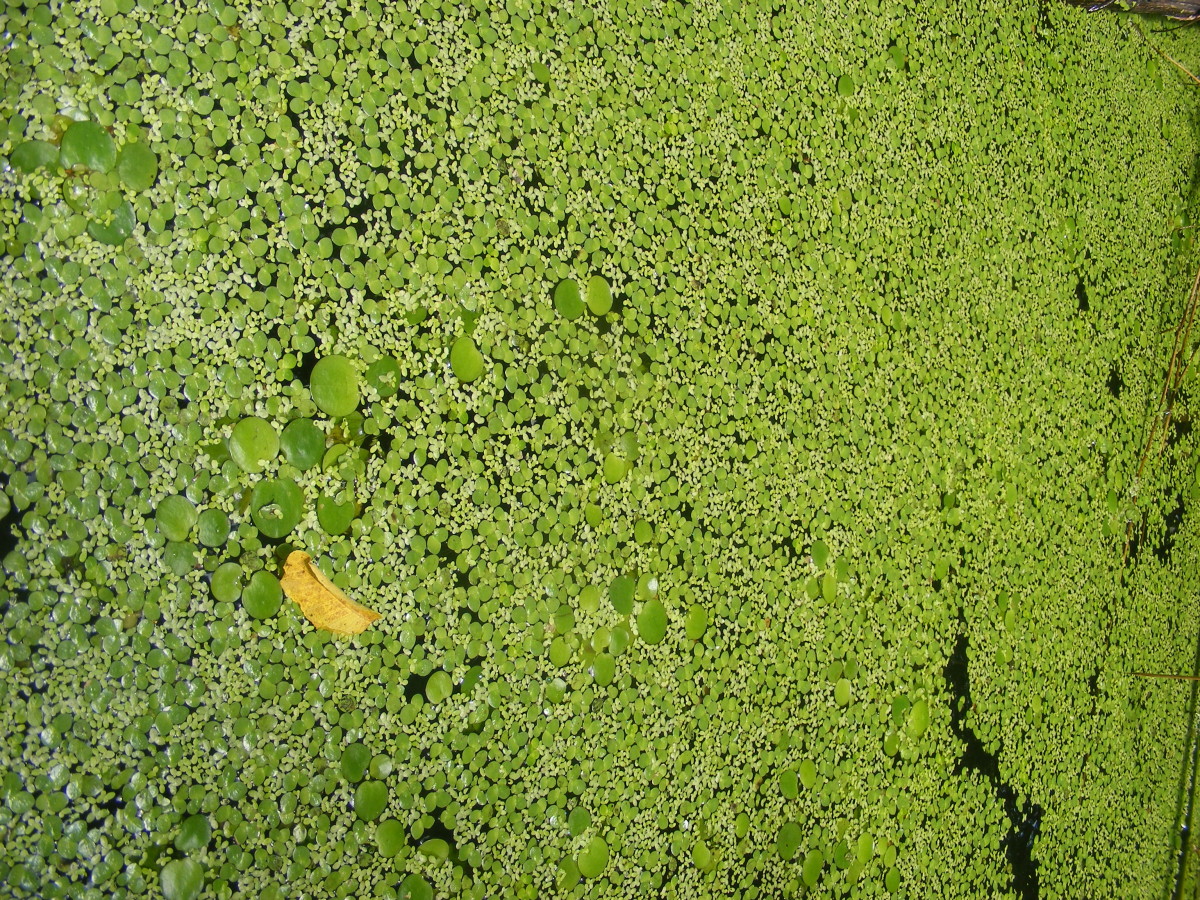- HubPages»
- Home and Garden»
- Gardening»
- Organic Gardening
Garbage in, Garden Out, To till or Not to Till, That is the Question
Some of my garden
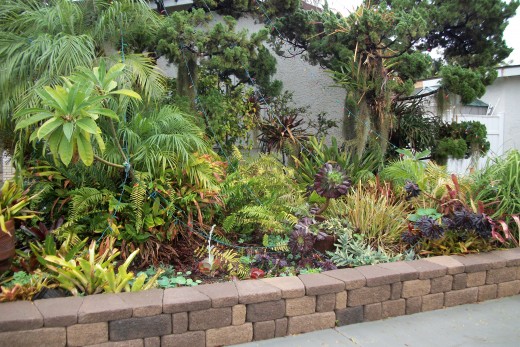
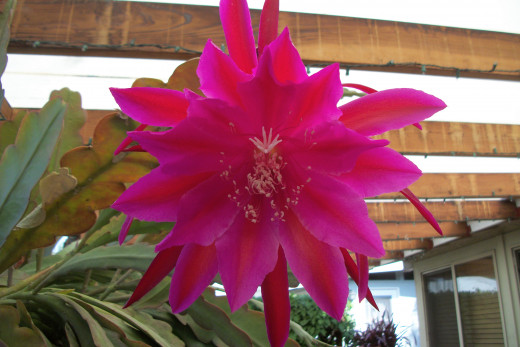
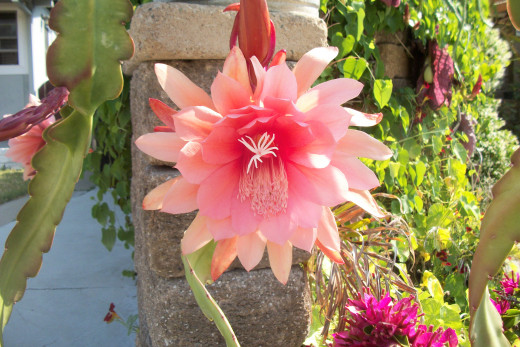
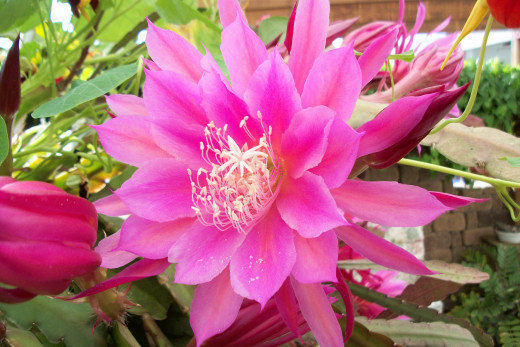
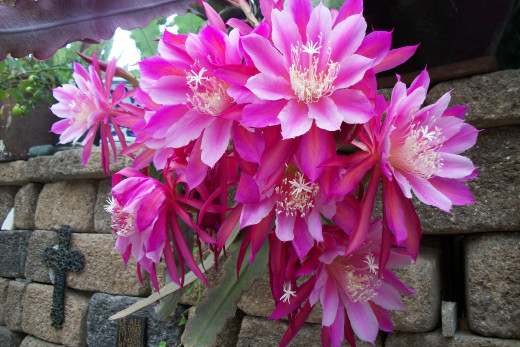
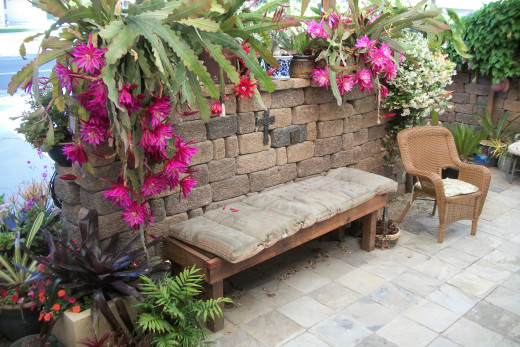
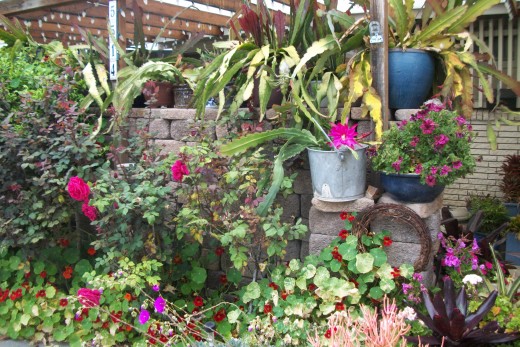
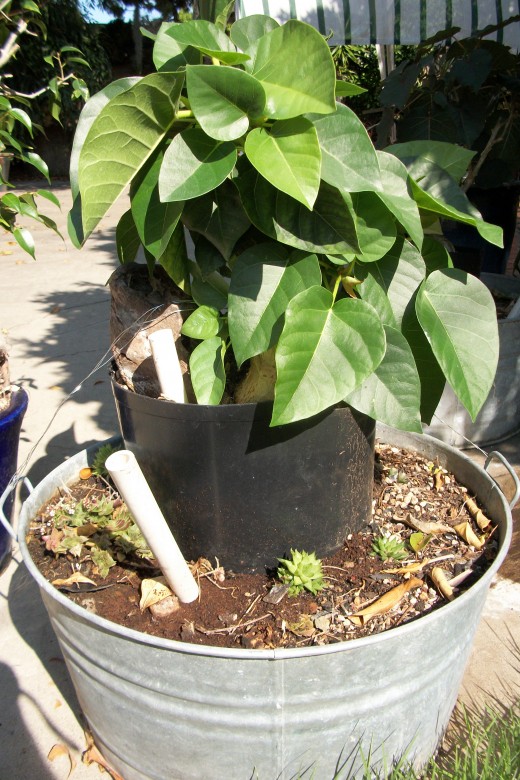
Turning the Soil
Turning the soils over buries weeds, loosens the soil aerating it, allows for water penetration, takes nutrients from outside the soil to inside the soil and, in general, improves the soil condition.
In San Diego this is easily shown by the progress of civilization in the various areas. Those undisturbed pieces of ground have few plants growing on them.
Once disturbed, more seeds will set and more plants grow. Unfortunately, long ago someone from Russia brought with them, likely on a wagon wheel, the seed of the Russian Thistle, a plat that is mostly make of seeds and twigs that help it spread seeds by blowing in the wind, and an American Legend was born, the Tumbleweed.
A little more work in the soil and the nearly baron soils can produce many nice plants.
Tilling the ground has come under fire of late and for no good reason.
One site points to Darwin’s last book stating that in nature, worms till the top six inches of ground about every twenty years. But this assumes there is a thriving night crawler worm population, mulch on top of the soil being broken down by sufficient rain, annual freezes and thaws which expand and contract the soil breaking it into ever smaller pieces, and so on.
What about the southwest? How about for clay soils, or those easily compacted? How about for those areas with little rain and no mulch covering? Opps, sorry Chuck.
So for those of us without a layer of leaves naturally decaying, or if you have clay soils, excessively sandy soils, dry soils, compacted soils, even rocky soils especially volcanic soils, or if you want simply to work the surface to make a more habitable location for plants, tilling is right for you regardless of the new idea that tilling is not needed.
By adding more organic materials the ecology of the soil is radically improved. Arguments state that not tilling allows carbon to remain on top of the soil by not allowing bacteria and fungi to break it down, however, remember that the CO2 in the air is a mere .038% and in the soils, idea is more like 20% of the soil mass, and that most of the carbon than enters the soils stays in the soil. Water carries it into the soil as carboxylate which helps plants to grow and that is the more important carbon source for plants than the atmospheric CO2 since it first brings in minerals used by the plant and can then be used for growth.
Leave The Soil Alone?
Hey, buddy, I have a bridge I want to sell to you…
Forgive the sarcasm, but this idea ought to have died a century ago.
I find the arguments for not tilling week and applicable mostly to locations with sufficient rainfall for healthy plant growth and a thick layer of dead plant materials on the surface, say, Washington and Oregon coastal climates.
Some of the arguments I find downright misleading. Currently the Wiki article on this claims soil compaction can be increased by loosening the soil (tilling). This is simply absurd. The writer claims that there is a loss of mycorrhizal fungi, the primary fungi in the soils, but you make them grow by breaking them up, spreading them and feeding them, so, again, this is logically absurd. It claims soil erosion can result, but most soil erosion in the world is acted on locations where there is no human activity at all and erosion is caused by excessive water, not by tilling. Did I say this is absurd?
Look at the moon. No one tills the soils. Is this an active soils or a dead soil? Well, you object, not I am being absurd. Well, a little, but that is missing from the rest of the universe is life. What living things do, very often, is interact with the soils. The more water and plants, the more micro and macroorganisms, and the more they interact with the soils and the more alive it becomes. We are one of the organisms that can interact with the soils and improve it.
“Natural State” of the soil. Really?
Most arguments I have seen orient around the “natural” state of the soil. But this argument has several insurmountable errors. First, it assumes human activities are not natural. What is the basis for this idea? If humans are natural beings, then everything we do is by definition, natural, I don’t think these writers think we are supernatural, which is the other option. Second, it assumes that whatever the natural state is it is superior to any altered state. I have to ask if these people use computers, drive in cars, use electricity, or any modern convenience. If so, they are regularly violating this principle and so this causes me to question their integrity, that is, how well they integrate their natural theory into their everyday lives.
People consistently applying their underlying assumptions, their worldview is a huge issue today. Most people don’t even know what a worldview is.
A well cared for organic garden where tilling is a regular part of maintaining the carbon in the soils shows first that there is much more carbon in that soil, and second, that worms, while they might be damaged by the tilling itself, thrive in these composted, tilled, and mulched gardens. Simple go back and review the Liberty Garden programs over the last 33 seasons on PBS. Tilling nutrients into the soils is a primary garden chore and produced more benefit than almost anything.
In dealing with nature we need to be careful that nature does not become god, or mother nature a goddess. Because something is natural does not mean it is good. Death, or more specifically, the lack of life is the most common natural thing in the universe.
Tilling the ground has been practiced by gardeners as long as they have gardened, and for good reason. To simply reject the practice because it is a new idea without adequate consideration of the data and facts, or, not to question it because it is claimed by a professing naturalist is not good thinking.
If you happen to live in an area with nearly idea rainfall, plenty of ground cover from plants and mulch, a very active worm population naturally exists there, then, by all means, you don’t need to till the soil. But please, let’s think about what we hear as opposed to accepting any argument because it makes a good story.
Bonus: Controlling ants. Have you ever seen a sandy ant?
How can you control ants without poison?
San Diego has great beaches and we use them a lot. At the beach, particularly lately, there has been a lot of kelp on the beach and this attracts flies from time to time. But never ants.
Ants don’t like sand.
Think of ants as little builders, architects, if you will, building away below the soil carving out a niche to live in.
Now think about how sand behaves in holes.
It fills them up.
Sand can be used effectively against and colonies or to prevent them from creating colonies in cracks, of in soils if there is enough sand.

